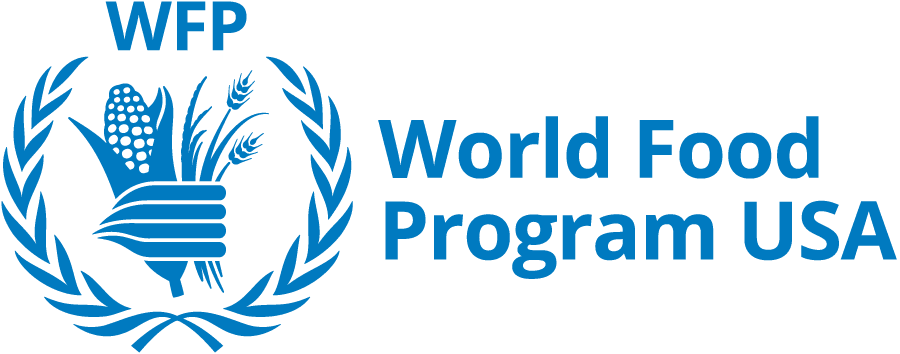Nicaragua
Recurrent natural disasters, poverty and economic shocks are driving hunger in Nicaragua. WFP has scaled up in the country to reach those at high risk of hunger, including farmers and hurricane-affected populations.
WFP/Cassandra Prena/2022
Make a difference in Nicaragua
Climate Change. Poverty. Hunger.
Nicaragua is one of the poorest countries in Latin America, with a full 30% of the population living in poverty. Over 8% live in extreme poverty (less than $ 1.25 per day.) The country is still recovering from Hurricanes Eta and Iota, storms that hit the country in late 2020 and brought widespread destruction. It’s a cruel irony that Nicaragua is part of the Dry Corridor, where prolonged droughts are followed by heavy rain that the dry earth can’t absorb fast enough, leaving families destitute and hungry.
600k
reached by WFP in 2021
1/3
of people live in poverty
70%
of people work in agriculture
600k
reached by WFP in 2021
1/3
of people live in poverty
70%
of people work in agriculture
600k
reached by WFP in 2021
WFP’s Work in Nicaragua
WFP has been present in Nicaragua since 1971. We aim to break the inter-generational cycle of hunger through programs that support health, education and agricultural activities while working to build households’ resilience to shocks.

Nutrition
Through its mother-and-child health programs, WFP helps those most vulnerable to hunger: pregnant women, nursing moms and newborns. Children at the pre-school and primary school levels receive hot, nutritious meals through the National School Meal Program, which is supported by WFP.

Agriculture
WFP supplies farmers with modern tools, training, seeds and fertilizers. We also work to improve their access to water through irrigation projects, which expands their growing capacity. Then, we connect family farmers with regional markets so they can sell their products and earn an income.

Gender Equality
A wide gender gap means female farmers face more significant challenges than men, especially when they try to access agricultural markets. WFP works toward gender equality through programs that promote positive attitudes and behaviors towards women’s inclusion in decision-making.

Resilience
WFP helps families create sustainable livelihoods through programs like Food For Assets and Food For Training which teach valuable skills in exchange for food. We also support the Nicaraguan government with education, school gardens and infrastructure improvement to achieve self sufficiency.
Lastest News
- News Release
- February 23, 2021
- News Release
- November 16, 2020





